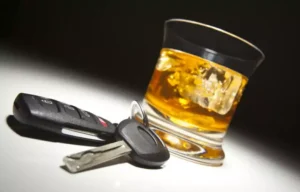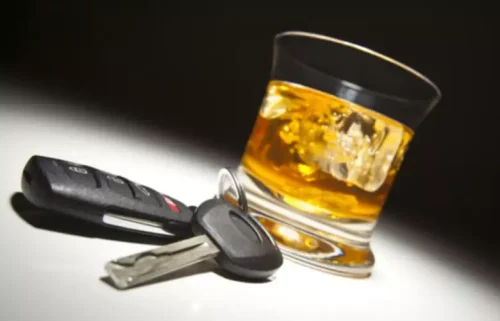
When it comes to burning fat, diet and exercise are key components, but alcohol consumption can significantly hinder progress. Many people overlook the impact of alcohol on fat metabolism, assuming that a few drinks won’t affect their overall goals. However, alcohol adds empty calories to your diet while disrupting the body’s natural fat-burning processes. Other types of alcohol like spirits and wine have fewer calories per standard drink than beer.
Walnuts Glycemic Index: Nutrition Facts, Weight Loss, Health Benefits
- Without adequate nutrient status, we can also feel hungrier and crave more foods, leading to increased caloric intake and weight gain.
- But when you ingest too much alcohol for your liver to process in a timely manner, a buildup of toxic substances begins to take a toll on your liver.
- A summary of the studies examined in this article, organized by the trend between alcohol and weight gain/obesity can be found in Table 1.
- The endocrine system consists of hormone-producing glands in the body.
- While your decision making is impaired, you might be more prone to eat foods you’d normally avoid, or even to give up on your healthy diet entirely, Wyatt says.
This means they may be less likely to cause weight gain and belly fat. Most studies show that beer consumption is linked with both an increase in waist circumference and body weight. This indicates that beer drinking doesn’t specifically put weight on your belly. A common-sense approach does alcohol make you gain weight is to drink very moderately, if consuming a very small amount of alcohol will make staying on the diet easier. And exercise might compensate for the extra calories so weight loss won’t be slowed. But if the alcohol leads you down a slippery slope to munching on cheese-drenched nachos and Buffalo wings, stick to club soda and a slice of lime.
How to get rid of a beer belly
Biceps skin fold was the only anthropometric measurement that was increased in their participants after the beer drinking condition 52. In this case both diets were isoenergetic so this is not a surprising result, as the thermic effect of food was likely higher for white wine than grape juice 53, 54. Finally, more recently, Cresci et al. 55 found that self-reported alcohol intake was not a significant predictor of success or failure in losing 5% of body weight during a 6-month weight loss intervention. While cross-sectional and longitudinal studies have controlled for a number of important lifestyle factors, there are many to consider when examining body weight regulation. Future research must consider the other important factors that may influence the link between alcohol and obesity, some of which are discussed below. However, a clear cause-and-effect association between alcohol intake and weight gain is https://ecosoberhouse.com/article/here-is-how-alcohol-affects-your-skin/ not apparent based on the mixed and conflicting available evidence on the topic.
Some people choose alcohol for calories instead of food.

For women and people assigned female at birth, a waist circumference of 35 inches indicates increased risk; for men and people assigned male at birth, it’s 40 inches. Leptin is our primary satiety hormone, which helps us feel full and satisfied after eating. You might recognize GLP-1 as the “Ozempic hormone,” another one that regulates appetite and digestion and can help with weight loss when elevated. Alcohol consumption causes weight gain in some people, but this can depend on how much someone is drinking, how often, and what the rest of their lifestyle looks like (among other things).

Popular in Food & Drink

But if you drink heavily like that every night or even multiple times per night, you may find that weight gain sticks around, even when you’re not drinking or recovering from drinking. Some people may experience a slowdown in metabolism with alcohol consumption, making it harder for their bodies to burn calories efficiently. This response can vary greatly from person to person, and it’s important to recognize that your own metabolic reaction to alcohol could be different than your friend’s. When you mix drinks with sugary sodas or juices, those calorie counts can soar.
- Liver disease caused by excessive alcohol consumption can lead to weight gain because the liver plays a vital role in metabolizing fats and processing nutrients.
- Each of those consequences can cause turmoil that can negatively affect your long-term emotional health.
- Choose low-calorie, low-alcohol beverages, such as light beers, low-carb cocktails, or lower-alcohol wines, and be mindful of portion sizes.
- Over time, regular alcohol intake not only raises the risk of insulin resistance but also contributes to weight gain.